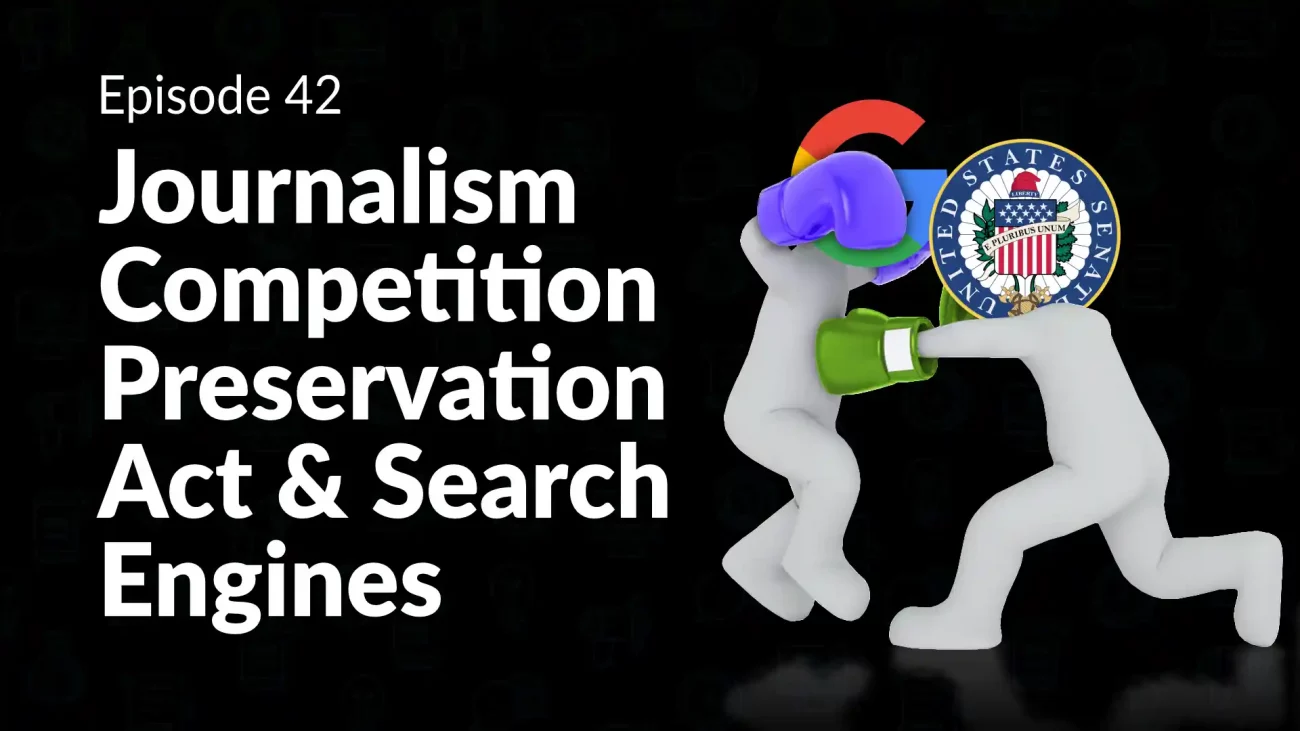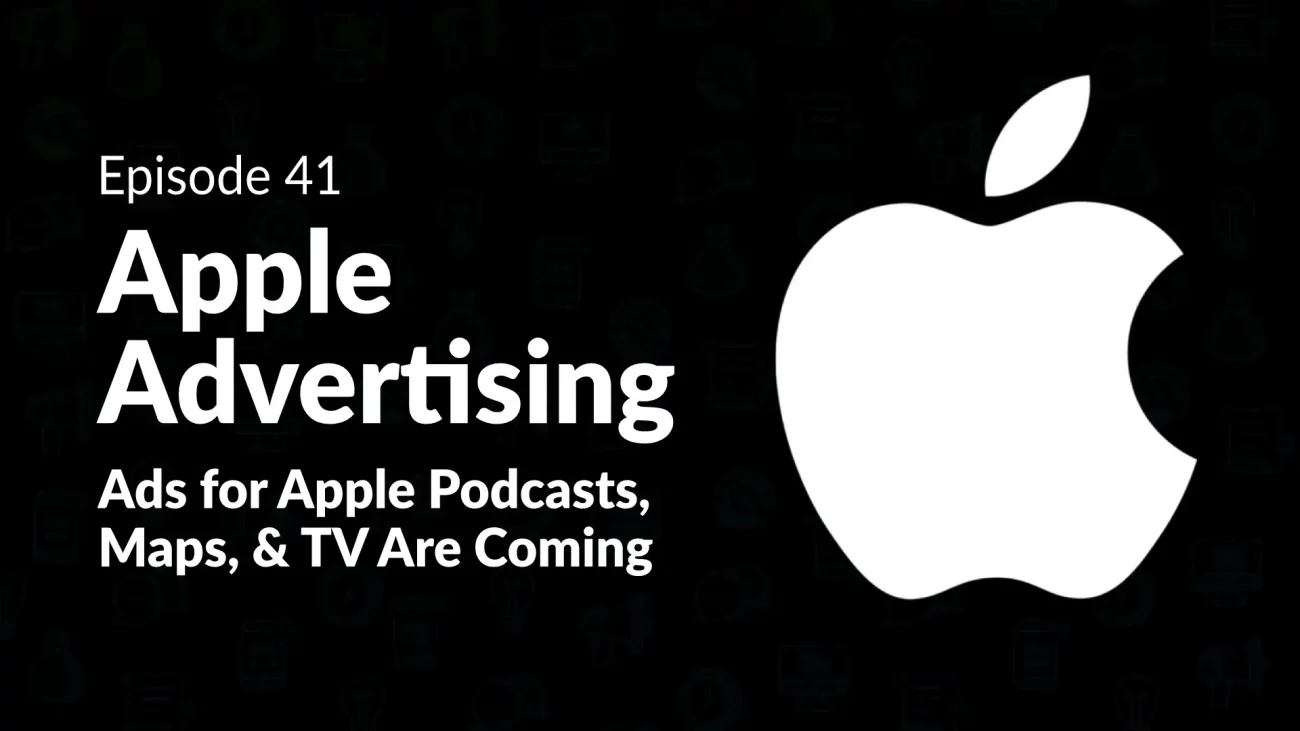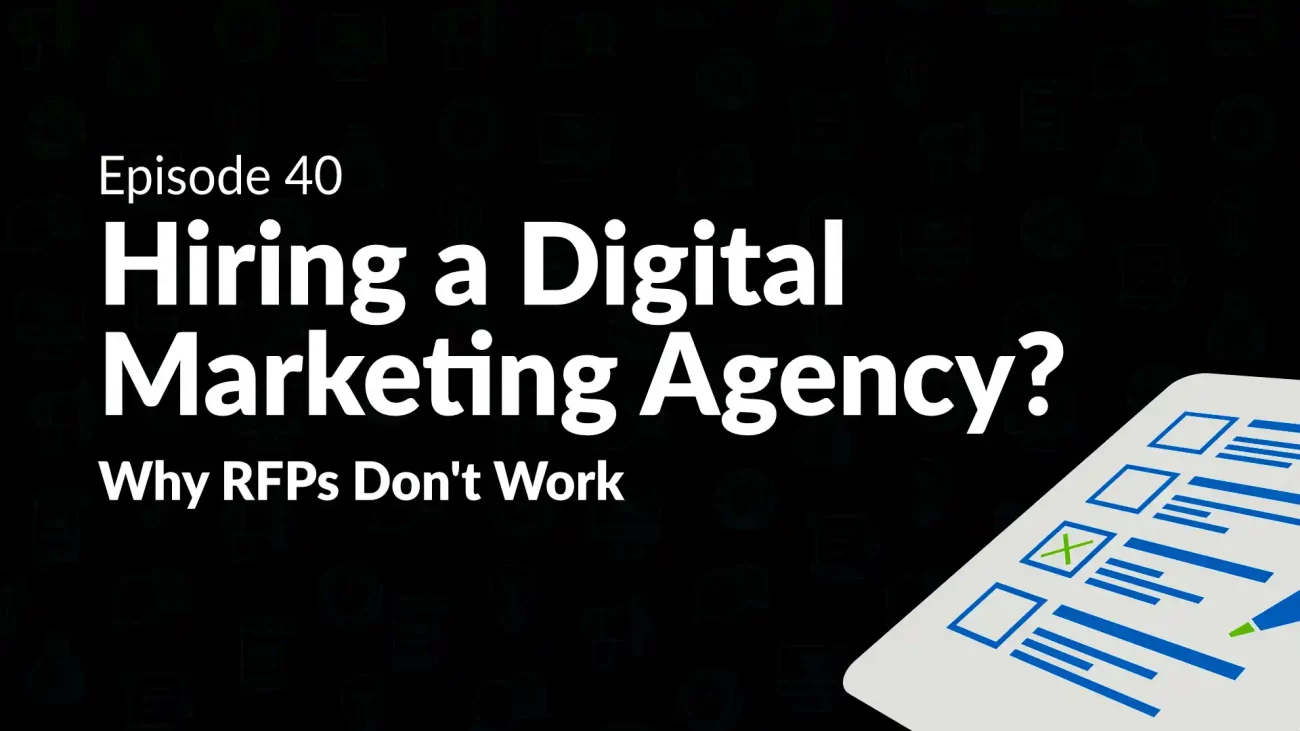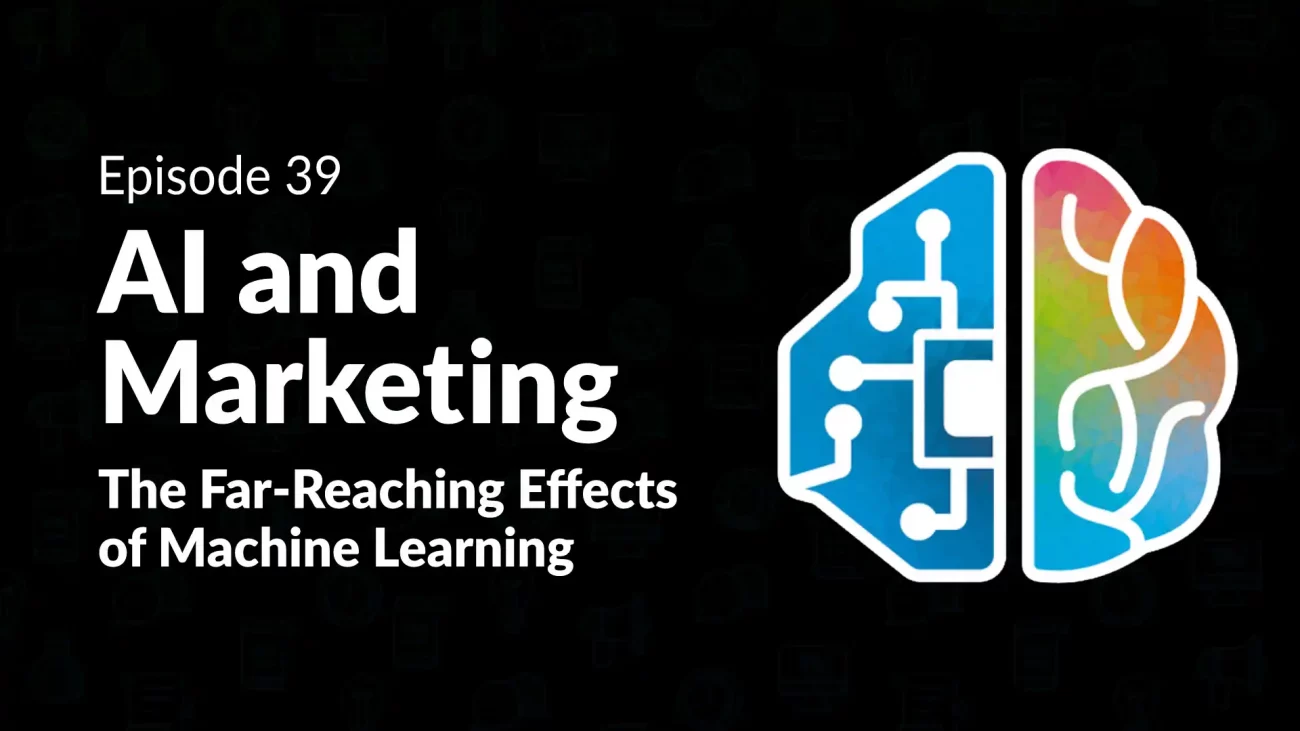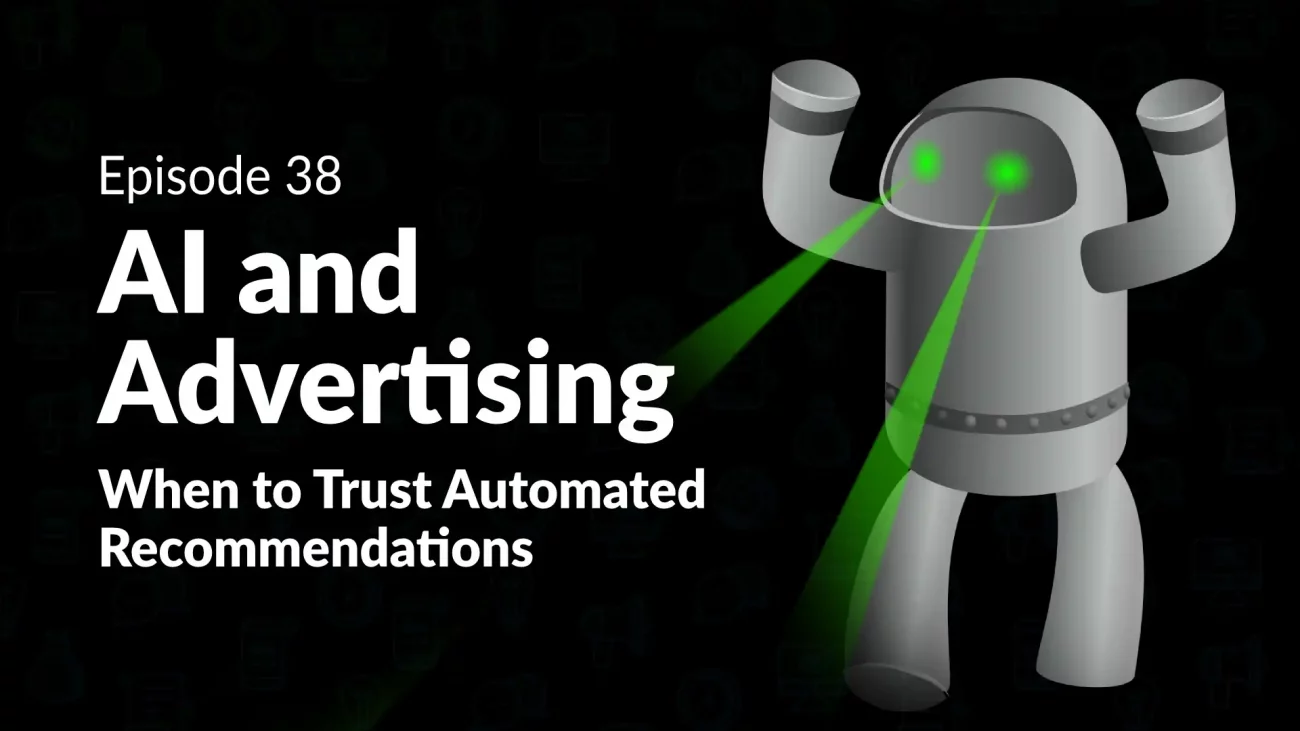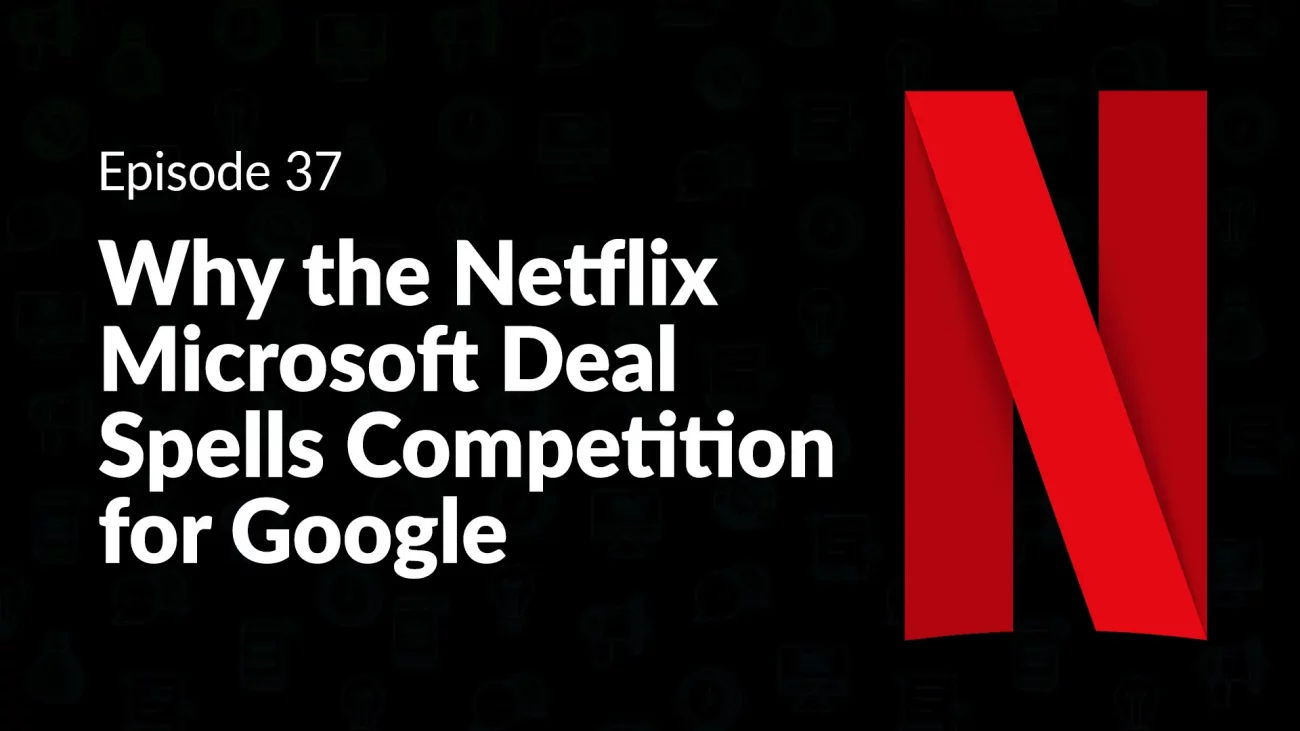Episode 43: Google’s Helpful Content Update: How it Affects Rankings
There is an evergreen rule in SEO: Content is king. With Google’s Helpful Content algorithm update, this is truer than ever. In the early days of search engines, the exploitation of simple algorithms was the driving factor behind spammy results. These dark times were ended by Google’s commitment to making sure the most useful content would be returned to those searching on its platform. The 2012 Penguin algorithm update was a turning point in the battle against black hat SEO tactics. It incentivized marketers, content creators, and business owners to create quality web content and punished poor backlink practices, which in turn improved user experience. The benefits to its users have a clear overlap with its earnings. The more frequently people use and trust Google for getting the information they seek, the more they earn through advertising. The Helpful Content update continues the trend of increasing quality content that is easily accessible online. While it’s unlikely this update will increase Google’s revenue in any meaningful way, it should enhance Google’s dominance in the search market by further distancing itself from its competitors. By maintaining its reputation as the number 1 search engine, Google is protecting its future. With all of this said, the question remains: How will the Helpful Content Update affect site rankings?
In this week’s Digital Marketing Mondays, Hans and Devin discuss Google’s latest core search algorithm update and who should be concerned with the potential of their sites dropping out of top positions in SERP.
Transcription:
Devin:
You’re listening to Digital Marketing Mondays. Each week, we bring you new and exciting content from around the marketing industry and help give you, the marketer, insights into what’s happening. We’ll offer our advice and share some takeaways to help you develop better strategies for your marketing. Ideally, this will also help you improve your ROI as well. So with that, let’s tune into this week’s episode.
Hans:
Okay, Devin. It’s always big news when Google comes out with an algorithm update, and they recently have announced one. It’s called the Helpful Content Update. And I was wondering if you could tell our listeners a little bit about what it means and what actions they should take to take advantage of this latest development.
Devin:
Sure. So the helpful content update is really geared primarily towards getting bad results out of the search results pages. I think you and I have probably both experienced this, I’m sure all of our listeners have as well: you go to look up a particular topic or how to do something, and you end up on a result page that basically is total garbage. It doesn’t answer your question.
It’s stuffed to the brim with ads. It has links to go everywhere else except for their own site. It’s just not a great experience, and ultimately you end up needing to continue the search for what you’re looking for. That is what Google is trying to essentially curb under this update.
So this is really for informational searches, not necessarily for commercial searches or transactional searches. But the goal is to provide the most helpful content to the searcher as soon as humanly possible. They are now more closely evaluating the type of content.
They, of course, Google being Google, did not specifically reveal any direct criteria around what they’re looking for, like word count or anything in that nature. But they say simply to create people-first content. And so it makes me think, what would we define as people-first content?
It obviously depends on the query, but I think there’s a lot of ways in which if you were to take content that you have and look through it through the lens of people first and look at it, does it effectively help answer a question or multiple questions? Is it going to satisfy what people are looking for?
Whether small snippets of it being pulled out and shown directly in the search engine near the top in knowledge base or video, or is it a super in-depth article that provides context and helps answer the questions that people are looking for?
Hans:
Gotcha. Gotcha.
Devin:
And generally speaking, if that’s a no or a maybe, you’re probably going to see some potentially negative results out of rankings from some of the content that you have.
Hans:
Google has some pretty good tools for measuring that stuff, particularly if you do a search, click on a listing, go to that page, and come back within 10 seconds and say, “Show me another result,” and you start looking down the results, those results that you’re not satisfied with or that you’re bouncing back from probably give an indication to Google that it’s not, whatever it is you’re looking for isn’t being answered on those pages that they’re showing. But that’s actually nothing new really. Google’s been watching that kind of stuff for a long time.
Devin:
Yeah.
Hans:
So it’s always important. It’s not so much about the length; you should write content that’s appropriately lengthed for the complexity of the topic. Some topics need a lot, some just need a quick answer. If you want a recipe, you just want a recipe, you don’t want a whole lot about how many friends came over and how much they enjoyed it and all this other stuff.
Devin:
Yeah. And what’s interesting about this as well, the way that I think of Google now is much more like an ad-supported platform than I do as a helpful search engine. And what I mean by that, if you were to think about Facebook or think about LinkedIn or really any platform that entirely derives its revenue or most of its revenue from advertisement, their entire goal is to keep you on that particular platform as long as possible, right?
Hans:
Yeah.
Devin:
Because the more they do that, the more ads they serve.
Hans:
Yeah.
Devin:
The more dollars they make. In the same way, Google is trying to make sure that they could surface results to keep people coming back for more. And I think what they’ve realized is they don’t need people to try and go to 10 different results pages to be able to look for content that may or may not be super relevant for them.
Because yes, it does effectively serve ads, give the opportunity for Google to serve more ads in between those page views. I don’t think that’s necessarily their intent anymore, but to make sure they continue to dominate the search market overall and allowing Google to be seen as that number one resource for where you go whenever you need to find information.
I think this is probably a bigger strategic play on their part to make sure they are always providing the most helpful content and trying to especially curb any content that may be seen as spammy in nature or not helpful or not relevant to people. It seems like this is actually a step towards being far more aggressive against spammy content, that it is hurting potentially good actors.
If you can objectively look at your own content and say, “Is this going to help somebody answer a specific question or inform people around a particular topic?” If you feel really good and you can stand by that, I’m less concerned about the length of the content or the keyword density, whatever it happens to be. You’re probably going to be fine.
Hans:
Yeah.
Devin:
From a site perspective.
Hans:
Yeah.
Devin:
But if you’re a garbage overseas website provider that’s nothing but links and spam and very light to little content and you figured out how to hack the algorithm to get your result in the top page, but people bounce off immediately, you are probably in some serious trouble.
Hans:
It’s interesting. This is kind of deja vu for me. I’ve been in this business for a long time, I remember the Penguin update probably more than 10 years ago now, where spammy content, that was a huge move on Google’s part because for those that might remember, the internet was exploding with lousy content.
Most pages were full of really lousy content because they were getting rewarded with the backlinks. Now as far as putting the content right on the search results page, we covered that in a Digital Marketing Monday very recently. For those that are interested, go back and look at the Journalism Competition Preservation Act, which is looking to perhaps monetize, having Google and the other search engines monetize those content developers if they scrape that content and put it on the search results page.
That’s still pending issue that kind of plays into this. But it keeps becoming truer and truer as the time goes by that the better your content, the more helpful it is, the more factually well written it is, all those things contribute to getting good scores and therefore good rankings and therefore the traffic that you want. It’s not about quantity, it’s about quality. And that is becoming more true than ever.
Devin:
Yeah. Yeah. And a couple other quick pro tips as well that you may want to think about. If you’ve evaluated pages, you’ve looked at your content and you feel that it’s truly helpful or informational for somebody, that’s a great first step. Another thing that you may want to look at if you have competitors that are ranking well for specific terms, spending a little time dissecting their pages and understanding why.
It may not just be on-site content or on-page content you need to worry about. So certainly do some due diligence, look at backlink reports, figure out how this has been engaging either socially or are there other resources that are prominent that are linking to it. All good things to know. And then of course, I think another big variable that rolled out last year was around the core web vitals.
Hans:
Right.
Devin:
I think a lot of people have felt that they made it by with that update back last May around site speed and experience, but the reality is there’s still going to be continuous rewards for improving your overall site experience and load time.
Hans:
Yeah.
Devin:
If your site is not loading in under three seconds at this point and you have a semi bad user experience when the menu isn’t super clear…
Hans:
Yeah.
Devin:
That should continue to be a priority for you until you can achieve that goal.
Hans:
Yeah. Yeah. And I think from personal experience, I can say there are many sites out there that are guilty of that particular sin. If you fix that up, you’re going to probably get ahead of some of the pack, depending on which market you’re in. But that’s a great place to start because that’s relatively simple to do. It’s pretty mechanical. It doesn’t involve going out and begging for backlinks and all this other kind of tedious pick and shovel work.
Devin:
Yep.
Hans:
Yeah, that’s a great tip, Devin.
Devin:
The last item that I want to point out real fast is I think it’s also beneficial to do some due diligence around the actual keyword strategy that you want to implement as well. As in, if your goal is to go after CRM as a keyword or marketing automation platform, good luck and godspeed to you first and foremost.
But secondly, I think it’s important to understand how content can align to specific keywords. And so to give an example, if somebody’s looking to answer a specific question like, “How do I create a subject line in X automation, marketing automation platform?” That type of question is probably going to be very easily served by some documentation link from that particular provider, say HubSpot as an example.
Hans:
Yeah. Yeah.
Devin:
But if you have somebody that’s looking for slightly more generic tips, “What are 2022 best practices around email subject lines?”
Hans:
Yeah.
Devin:
That’s where you may start to have a little bit more opportunity to potentially create some beneficial content. And it entirely depends on the intent of the search, but in that example, if you have some really profound data research that shows this type of subject line does better than this one, here’s our POV on it; that’s probably a more helpful piece of content than to just regurgitate the same list of 10 items that another competitor had.
You could tell there’s a highly competitive search query when you see all the articles start with 10 best tips, but then the next competitor up will have just a few more tips than the one previous or below it. It’ll be five, 10, 15, 17, 20, 25. It just almost feels like the bigger the number, maybe the higher the ranking you have. That’s not an actual criteria, by the way.
Hans:
Yeah.
Devin:
So don’t quote us on that. But it…
Hans:
Right.
Devin:
Just a funny coincidence, I guess, you may want to call that.
Hans:
Yeah.
Devin:
But the bottom line is, if you’re providing the helpful content, if you have that lens of “is this helping answer somebody’s question or give information people want,” I think that’s your best approach.
Hans:
Yeah.
Devin:
Which is of course, the most smoke and mirrors type answer you could possibly ever have.
Hans:
Yeah.
Devin:
There are still other things you technically should be focused on from an SEO perspective, but yeah, don’t create garbage articles.
Hans:
Right.
Devin:
Hoping that they’re going to [inaudible 00:10:30]
Hans:
It’s good advice and it’s been good advice probably for the last 10 years now or more. Thanks, Devin. It’s helpful and we’ll keep an eye on it. If we notice any more nuanced tips we can give people on this topic, we certainly will. But yeah, thanks. I think it’s a good wrap.
Devin:
Absolutely. Thanks, Hans. Thank you so much for tuning in. We really appreciate you taking the time out of your busy day to engage with our content. Whether you’re watching on YouTube or subscribed on our podcast apps, we appreciate you taking the time. Make sure to leave a comment down below and let us know any feedback that you have for us. We’re always watching the comments and engaging in any way that we can. So if you find this content useful, also make sure to subscribe or give it a big thumbs up. We appreciate it. Thanks so much.




